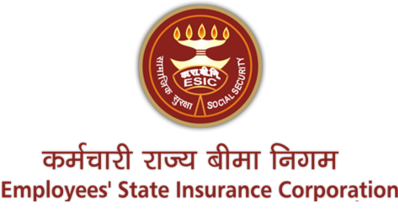ESIC Full Form | What is Employees State Insurance Corporation
What is the full form of ESIC
ESIC: Employees State Insurance Corporation
ESIC stands for Employees State Insurance Corporation. It is a state-run organization established under the 1948 Employee State Insurance Act and is responsible for the administration of the ESI Scheme. The organization aims to provide social security to the labours and employees who earn below Rs. 25000 in India, including their family members.
It was established to offer an all-inclusive insurance system that would help the employees during emergencies like sickness, disability, accident, maternity, or death. The headquarters of ESIC is in New Delhi. It has 23 regional offices, 26 sub-regional offices in the states and over 800 local offices across the country to support the implementation of the ESI scheme.

The ESIC administers the ESI (Employee State Insurance) scheme. The benefits given by the ESI scheme are in line with the conventions of the International Labour Organization. The money required for this scheme is drawn from the employers and the workers. So, it is a self-financed comprehensive social security scheme devised to protect the employees covered under the scheme against financial needs during sickness and treatment.
Structure of ESIC:
The director-general of ESIC is appointed by the central government. The executive powers in the corporation are vested in a standing committee formed of the members of the ESIC. There is also a Medical Benefit Council that advises the ESIC on matters related to medical benefit.
The medical benefits are prescribed by the government after consulting the Corporation. All the beneficiaries are entitled to standard medical and surgical treatments.
Some of the benefits offered by ESI scheme:
- Medical Benefit
- Sickness Benefit
- Disability Benefit
- Maternity Benefit
- Benefits to Dependants
- Funeral Expenses